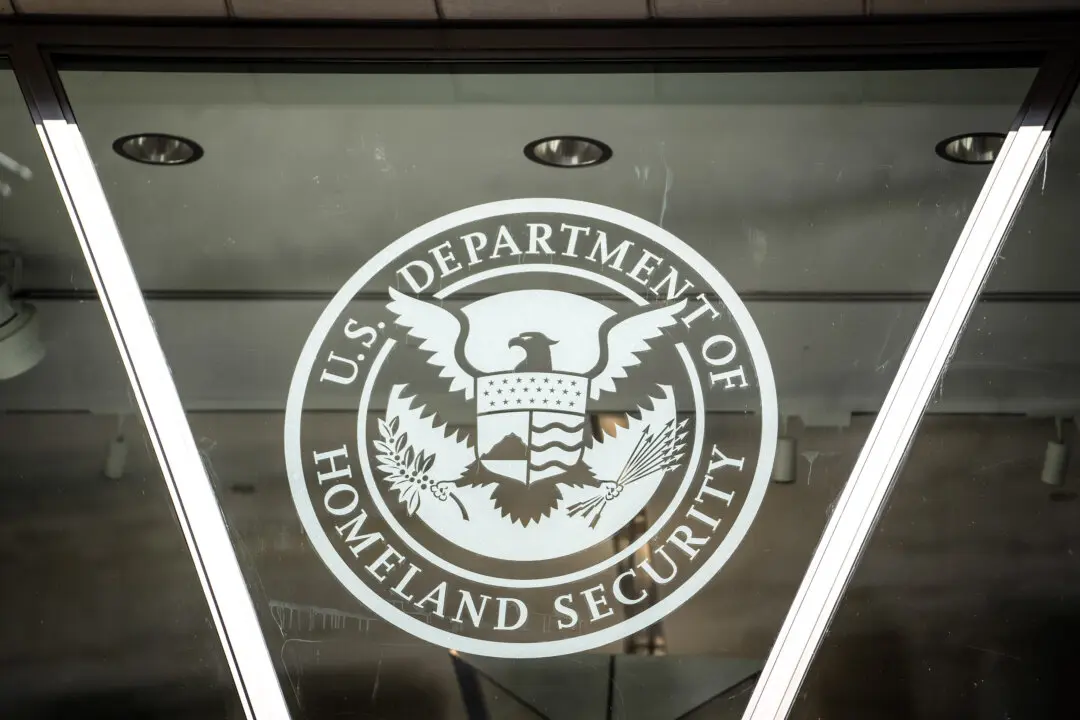The U.S. Department of Homeland Security (DHS) is restarting an immigration parole program with increased vetting after finding fraud issues.
DHS officials paused the program in early August after officials found U.S.-based sponsors of applicants used fake Social Security numbers and other information.





